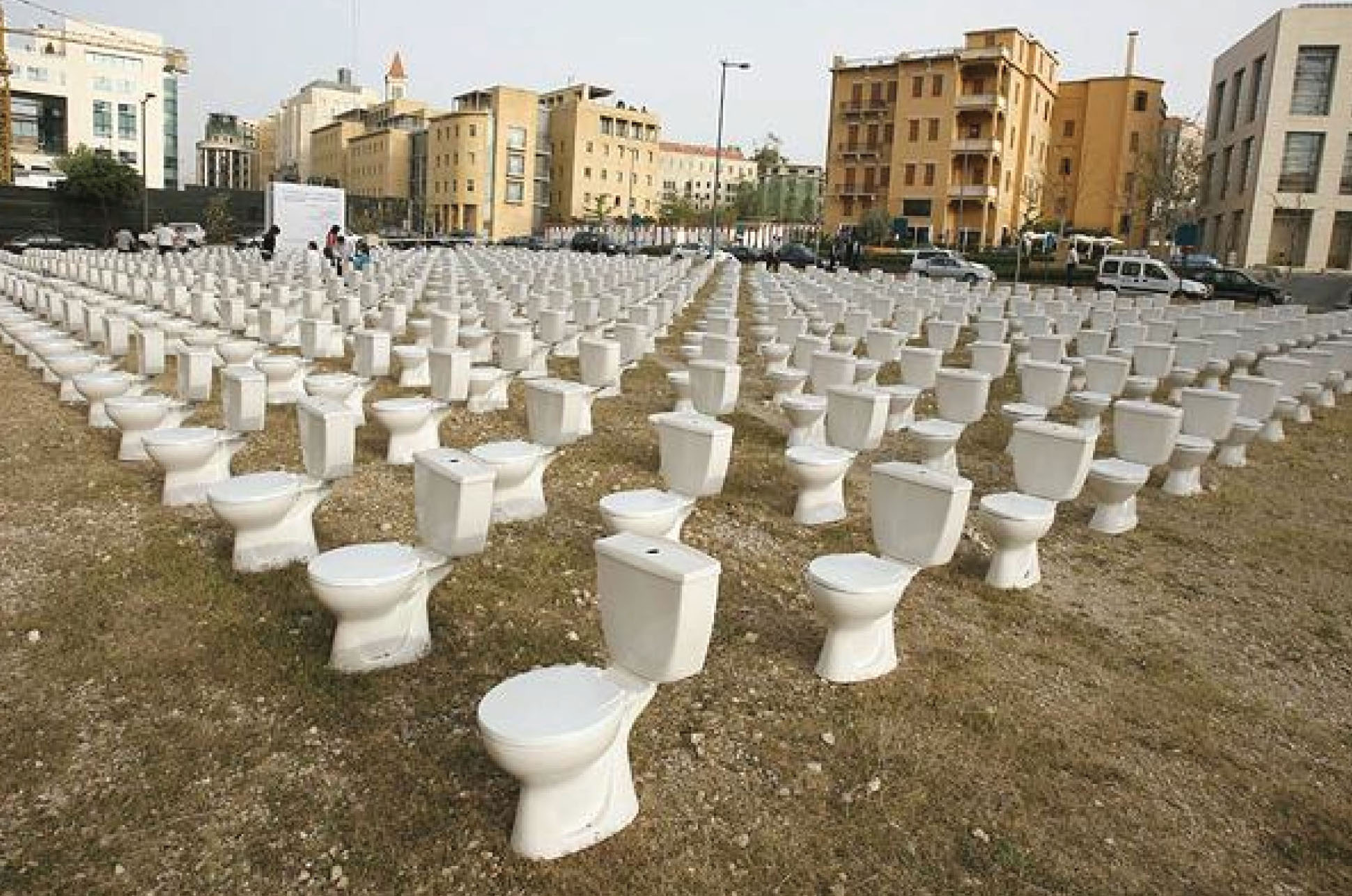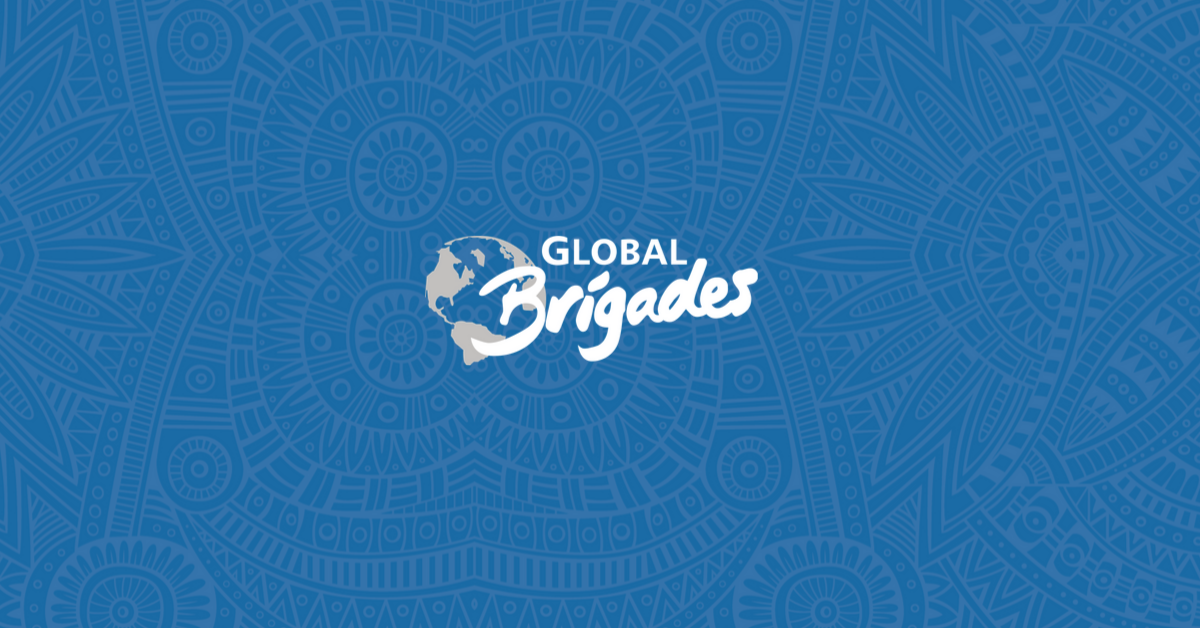Globalization is a driving force that connects people across the world in unimaginable ways. There even is a book that describes the process of how a t-shirt is made, sold, and marketed, which is surprisingly complex for such a simple product. People increasingly care about the process of how goods and services are made and the conditions in which people work. The deadly garment factory fires in Bangladesh opened up peoples’ eyes and some people are sensitive about which products, not just clothing, that they choose to buy.
Last week, the European Development Days conferences, an international development forum created by the European Commission, spent part of their time discussing the international supply chain. It is evident that economic growth does not always lead to a reduction in poverty. As women increasingly take part in the workforce and oftentimes is the breadwinner, finding a way to include women in the global economy has the possibility of reducing poverty for many families across the globe.
International development experts agree and held a lab about how public-private partnerships can assist women enter the global supply chain. According to Anne Simmons-Benton, an expert in trade and gender, development agencies focused on businesses that were experienced and mostly likely to succeed.[1] She also notes that most of these businesses where operated by men. However, with training, assistance, and networking through other organizations, it is possible for less-experienced, women run businesses to succeed in integrating into the global market.[2]
As corporate social responsibility becomes more important, women run businesses are attractive to companies to show their customers that they are responsible actors. To solve the gap between companies looking for women operated businesses and these said enterprises, this discussion at European Development Days suggests that intermediaries should be the gap measure.
This blog post was written by guest blogger Claire Seigworth. Claire graduated with a B.A. in International Relations and a minor in Spanish Literature from Marquette University. She has traveled to various Latin American countries, studied in Santiago, Chile and worked in Panama for Global Brigades.
[1] http://www.theguardian.com/global-development-professionals-network/dai-partner-zone/european-development-days
[2] Ibid




